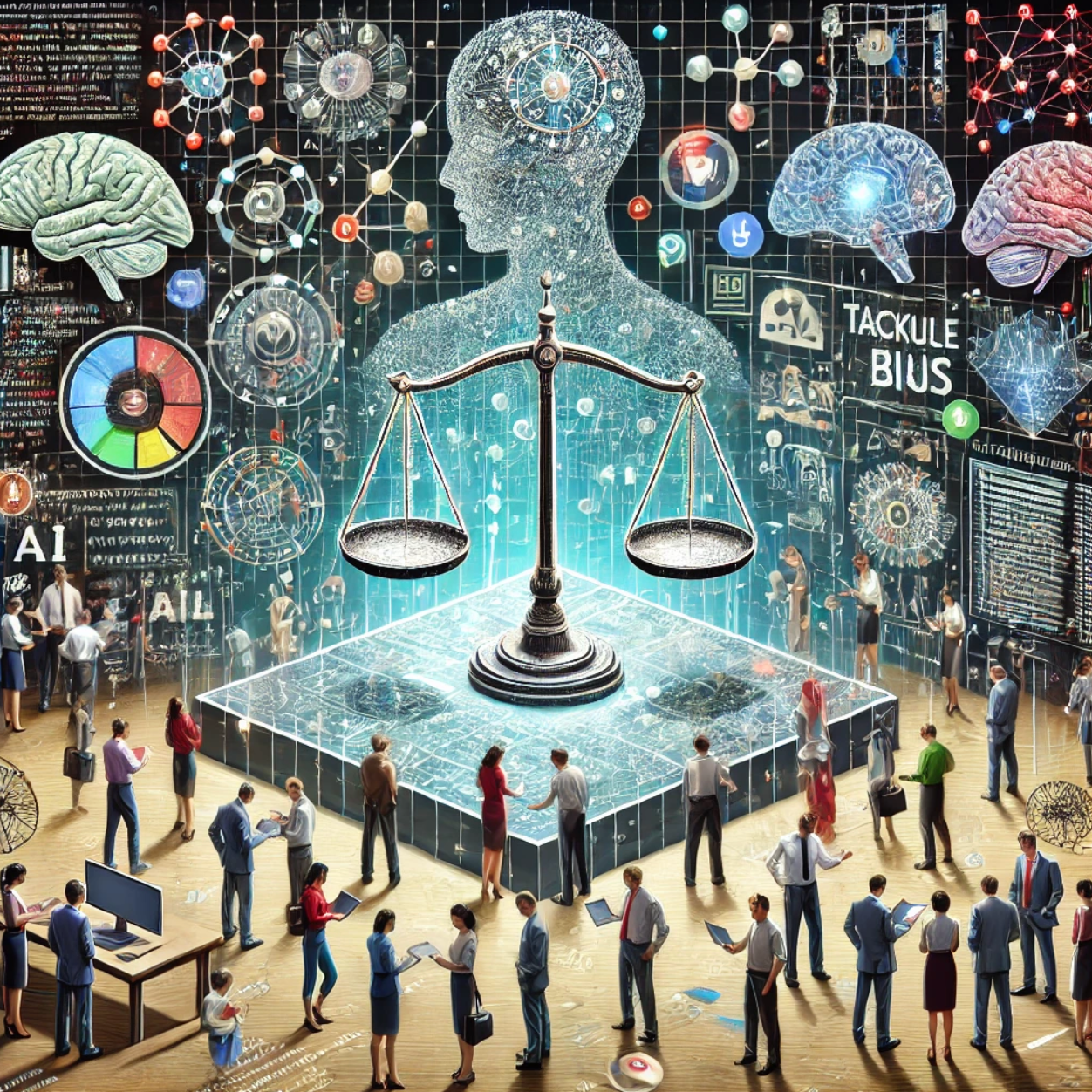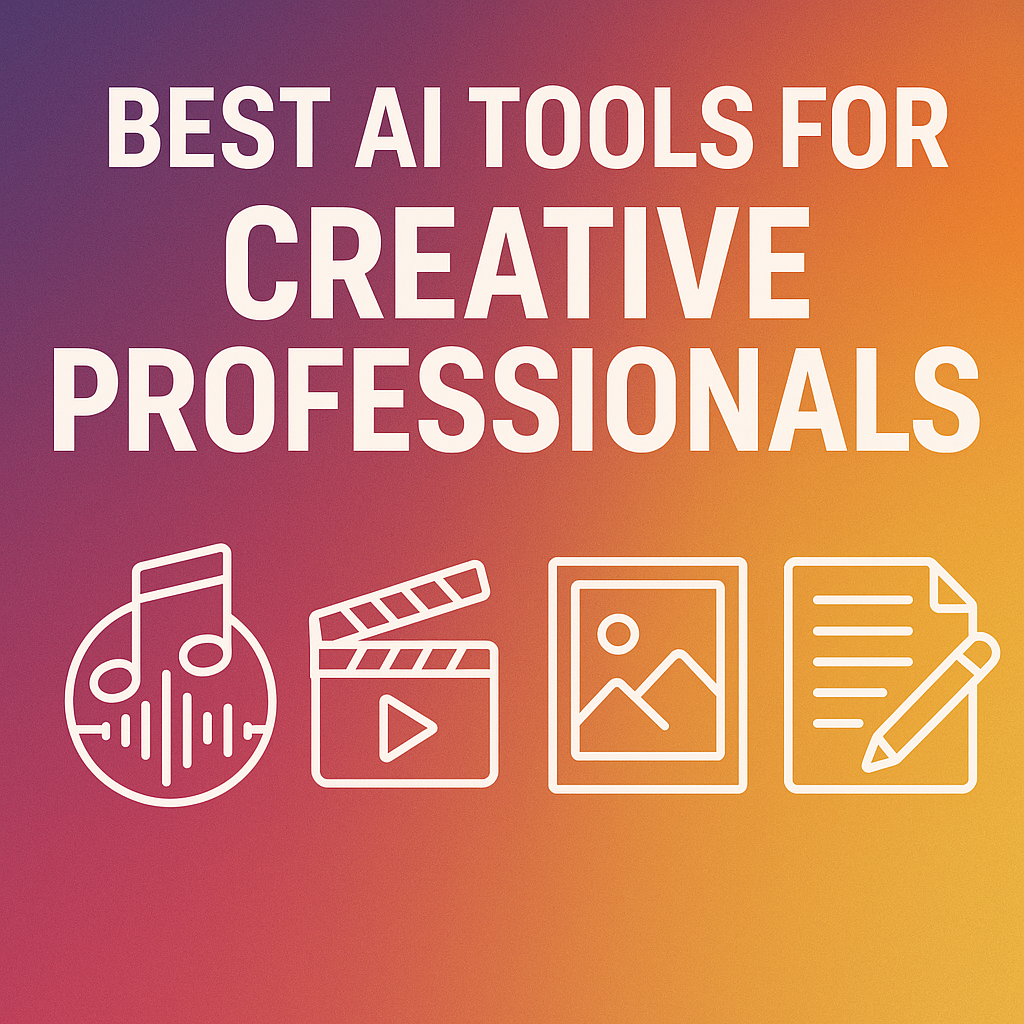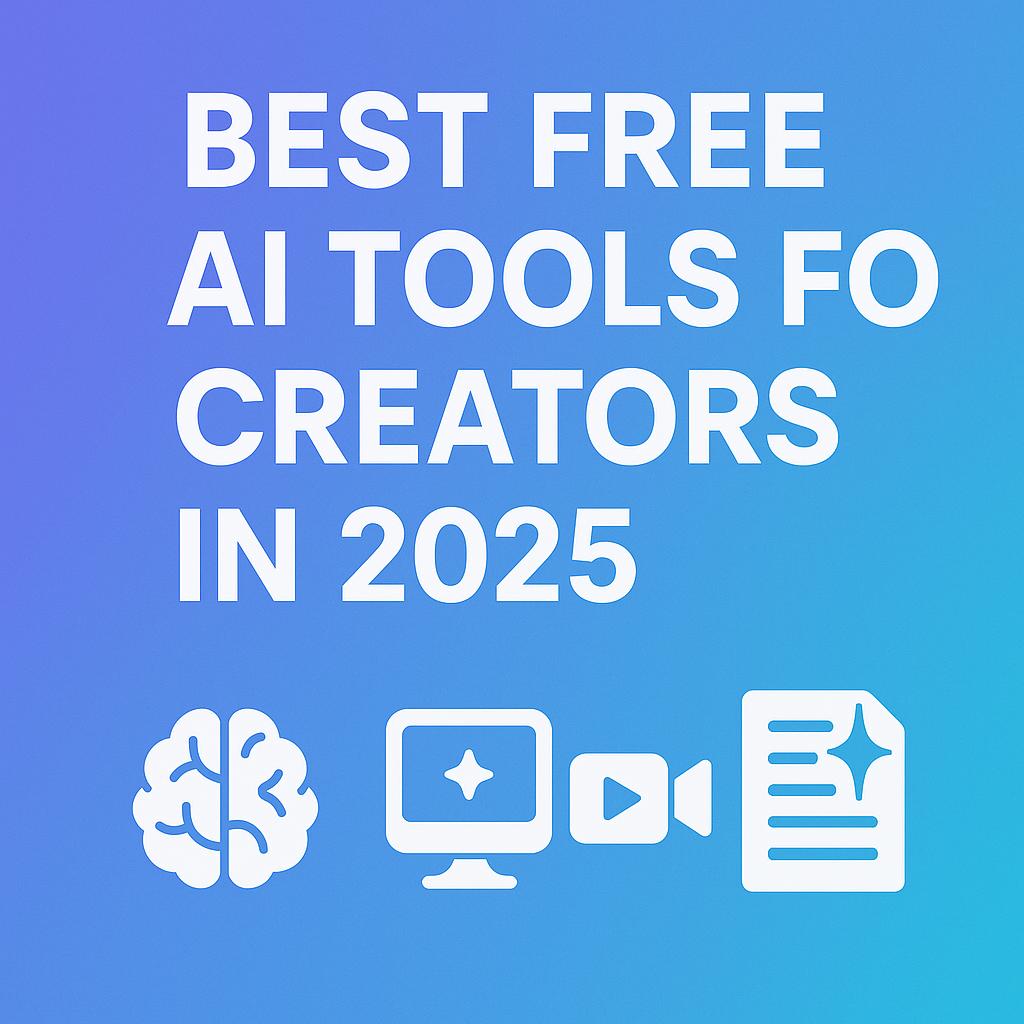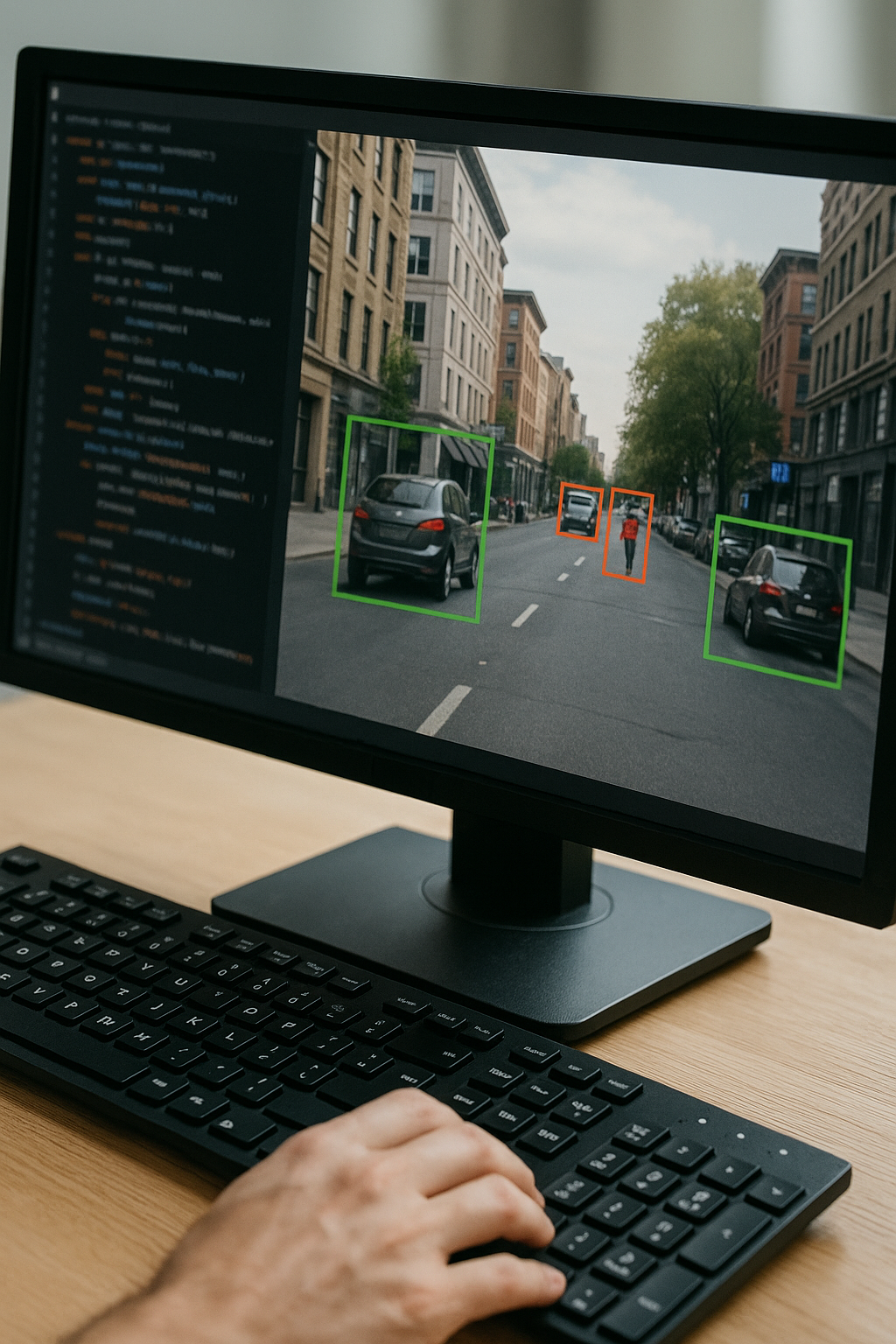Addressing Bias in AI Algorithms and Data Sets
A Critical Challenge for the Future of Technology
In recent years, Artificial Intelligence (AI) has emerged as a transformative force, reshaping industries and influencing decision-making processes across various sectors of society. From healthcare diagnostics to financial lending, criminal justice to hiring practices, AI algorithms are increasingly tasked with making or supporting crucial decisions that impact people's lives. However, as our reliance on these systems grows, so does the urgency to address a fundamental issue: bias in AI algorithms and the data sets they're trained on.
Understanding AI Bias
AI bias refers to systematic errors in AI systems that can lead to unfair outcomes for certain groups or individuals. This bias can manifest in multiple ways:
- Data Bias: When the training data used to develop AI models is not representative of the population it will serve, it can lead to skewed results. For example, if a facial recognition system is trained predominantly on images of light-skinned individuals, it may perform poorly when identifying people with darker skin tones.
- Algorithmic Bias: This occurs when the AI model itself, through its design or learning process, develops decision-making patterns that unfairly discriminate against certain groups. This can happen even when the training data is relatively balanced.
- Interaction Bias: As AI systems continue to learn from their interactions, they may amplify existing societal biases present in user behavior or feedback.
- Historical Bias: When AI models are trained on historical data, they may perpetuate past discriminatory practices or societal inequalities.
The Consequences of AI Bias
The implications of biased AI systems are far-reaching and potentially severe:
- Perpetuation of Discrimination: Biased AI can reinforce existing societal prejudices, leading to continued marginalization of certain groups.
- Economic Impact: In sectors like lending or hiring, biased AI can deny opportunities to qualified individuals, affecting their economic prospects.
- Healthcare Disparities: Biased medical AI could lead to misdiagnoses or suboptimal treatment plans for certain demographic groups.
- Legal and Ethical Concerns: The use of biased AI in criminal justice systems raises serious ethical questions and could lead to unjust outcomes.
- Erosion of Trust: As instances of AI bias come to light, public trust in AI technologies may diminish, potentially slowing innovation and adoption of beneficial AI applications.

Strategies for Addressing AI Bias
Tackling bias in AI is a complex challenge that requires a multifaceted approach:
- Diverse Development Teams: Ensuring diversity in AI development teams is crucial. A team with varied backgrounds and experiences is more likely to identify potential biases and consider diverse perspectives during the development process. This includes not just ethnic and gender diversity, but also diversity in disciplines, bringing together computer scientists, ethicists, sociologists, and domain experts.
- Comprehensive and Representative Data Sets: The quality and diversity of training data are paramount. Efforts should be made to collect data that accurately represents the population the AI will serve. This may involve oversampling underrepresented groups or synthetically generating diverse data when real-world data is scarce.
- Regular Audits and Monitoring: Implement ongoing audits of AI systems to detect bias. This should include both technical assessments of the algorithm's performance across different demographic groups and qualitative reviews of its decisions. Continuous monitoring is essential as biases can emerge over time as the AI system learns from new data.
- Transparency and Explainability: Developing AI systems that can explain their decision-making process is crucial for identifying and addressing bias. This "explainable AI" approach allows developers and users to understand why a particular decision was made, making it easier to spot and correct biased reasoning.
- Ethical Guidelines and Governance: Establish clear ethical guidelines for AI development and deployment. This should include principles of fairness, non-discrimination, and respect for human rights. Additionally, consider creating diverse ethics boards to oversee AI projects and provide guidance on ethical issues.
- Bias Detection and Mitigation Tools: Utilize specialized software tools designed to detect and mitigate bias in AI algorithms and data sets. These tools can help identify potential issues early in the development process and suggest corrective measures.
- Interdisciplinary Collaboration: Foster collaboration between AI developers, social scientists, ethicists, and domain experts. This interdisciplinary approach can help anticipate and address potential biases that may not be apparent from a purely technical perspective.
- Education and Awareness: Promote awareness about AI bias among developers, users, and the general public. This includes incorporating ethics and bias considerations into AI and computer science curricula.
- Regulatory Frameworks: Support the development of appropriate regulatory frameworks that set standards for fairness and non-discrimination in AI systems, particularly in high-stakes applications.
- Adversarial Debiasing: Implement techniques like adversarial debiasing, where the model is trained to make predictions that are both accurate and fair by introducing an adversary that attempts to predict protected attributes from the model's predictions.
Case Studies and Progress
While addressing AI bias remains a significant challenge, progress is being made. For example:
- In healthcare, researchers are developing AI models that can accurately diagnose skin conditions across diverse skin tones, addressing a longstanding bias in dermatological AI.
- Some financial institutions are using AI fairness tools to audit their lending algorithms, ensuring that credit decisions are based on relevant factors rather than protected characteristics.
- Tech companies are improving facial recognition systems to be more accurate across different ethnicities and genders.
The Road Ahead
Addressing bias in AI is not just a technical challenge but an ethical imperative. As AI continues to shape our world, ensuring these systems are fair and unbiased is crucial for building trust, promoting equality, and realizing the full potential of AI to benefit society as a whole.
The task is ongoing and complex, requiring vigilance, collaboration, and a commitment to ethical AI development. However, by taking proactive steps to address bias, we can work towards creating AI systems that are not only powerful but also fair and inclusive.
Want to stay at the forefront of ethical AI development? Sign up for our newsletter to receive regular updates on the latest research, best practices, and tools for addressing AI bias. Join a community of forward-thinking professionals committed to shaping a more equitable AI future.
Sign Up For Our Weekly Newsletter and Get Your FREE Ebook " AI For Everyone - Learn the Basics and Embrace the Future"











